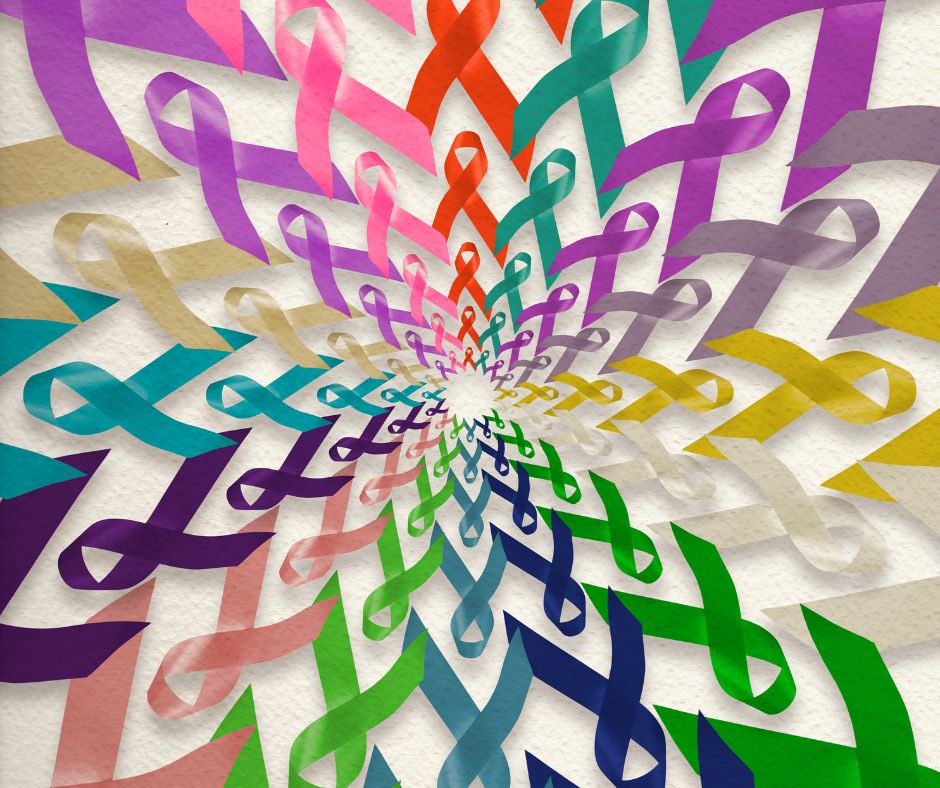Reflexology and oncology: FAQs
Reflexology can be part of your holistic treatment during cancer or post-cancer treatment, also in palliative care. This type of therapy involves the application of pressure to specific points on the feet, hands, or ears, believed to correspond to different organs and systems in the body. Reflexology is not a cure for cancer but is used as a supportive care measure to help manage symptoms and improve quality of life in oncology patients.
What is reflexology?
It is an ancient technique in which pressure and massage are applied on specific points of your feet, hands or ears. Each point is connected to other points in the body creating an energy pathway and each of these channels (it´s like a map) go to a specific organ/part in your body. The appropriate pressure and massage can calm, energise, improve symptoms and rejuvenate tissues.
Reflexology and Oncology: Theories of how it works
Scientific point of view
By the end of the 19th century, British scientists found how nerves connect the skin and internal organs; and that the whole nervous system tends to adjust to outside factors, including touch. This can be the scientific explanation of traditional Chinese medicine.
Today, we certainly know that human touch calms the central nervous system (endorphin, oxytocin, serotonin and other hormones), promoting relaxation and relieving symptoms.
Traditional Chinese medicine
When pressure is applied by your therapist, she/he sends her own energy to help you unblock your qi (vital energy). Chinese medicine experts believe that when qi can´t flow properly there will be illness. On the other hand, restoring qi flow improves your symptoms, heals and relaxes your body.
Why choose reflexology during/after cancer treatment?
Oncology patients choose reflexiology because it offers high levels of safety and effectiveness. Also, it is a natural treatment that uses only human touch to treat symptoms without consuming more drugs than those prescribed by your oncologist.
How reflexology helps cancer patients?
It helps patients with:
- Pain relief
- Stress and anxiety reduction
- Depression
- Insomnia
- Emotional distress
- Digestive issues
- Peripheral neuropathy (numbness or tingling in hands/feet)
- Reduce inflammation (due to cortisol reduction)
- Nausea and vomiting reduction (side effects of chemotherapy)
- Fatigue management (it boosts your energy levels)
- Enhancing quality of life
Note: Reflexology reduces cortisol levels (stress hormone). Stress contributes up to 80% for the development of any illness. Another 20% of stress will influence (worsens) other conditions.
Who prescribes reflexology?
As complementary therapy for your cancer treatment, ask your oncologist before booking. However, this type of therapy is so safe that you can use it for many conditions besides cancer.
Does reflexology help other conditions?
Yes, it does! in fact, you can use it for all conditions related to pain and stress management. In addition to complementary therapy in cancer and autoimmune conditions (IT IS NOT A CURE).
What to expect?
On your first visit, your therapist will ask you questions related to your general health before cancer, how the condition is going, type of cancer, if you receive other complementary therapies, medical history, symptoms and severity lifestyle, etc. Then, both will create a tailored treatment plan and agree on a number of sessions.
How long does a reflexology session last?
Most reflexology sessions last from 30 to 60 minutes, but it can be agreed with your therapist.
How is a reflexology session performed?
You can lay down, reclaim or sit. It depends on the treated area and your comfort.
A final word…
Reflexology is an ancient practice that can be used for symptom management of different conditions beside cancer, be sure your therapist is certified in this field, and choose the one who treats you better! If you have any doubt or questions about reflexology, please feel free to ask. We are always happy to help!
We hope this information is useful for you. If you need advice or have any questions about our treatments, please contact us. You can find us in Mill Hill Broadway and Islington. We are always happy to help. If you like this blog, please share!
References:
https://www.sciencedirect.com/science/article/pii/S2225411015000905
https://www.news-medical.net/health/The-Impact-of-Hormones-on-the-Nervous-System.aspx



